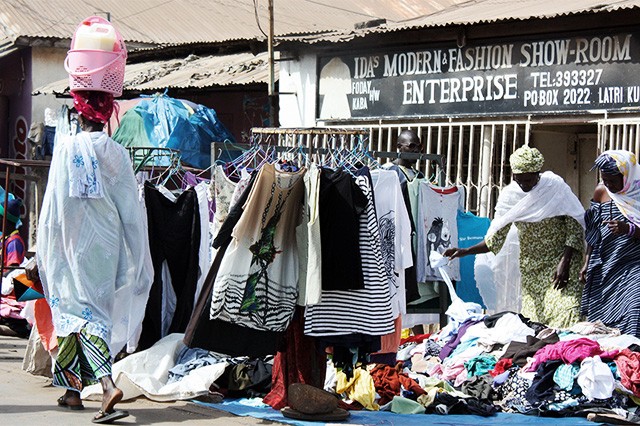Uganda has decided to allow imports of used clothing, reversing a previous decision introduced last month, to ban second-hand garments and footwear, amid fears they could spread coronavirus.
The ban was welcomed by textile and clothing manufacturers as a boost to the Ugandan industry.
But traders of used garments complained, saying goods that were already ordered were on the way, being transported by sea.
They also insisted there was no evidence Covid-19 could survive the long time it takes to transport goods from China, Europe or the US.
Within 24 hours the ban was withdrawn, initially without explanation.
Uganda’s Minister of Trade, Industry and Cooperatives, Amelia Kyambadde, said it would have been unfair to insist on the ban because orders had already been made.
She also said that the trade in used clothing and shoes was declining, because of increasing taxes and hygiene requirements.
“You have to show they fumigated the clothes and they check.”
“There is excise duty and in fact, that excise duty increases every year. I know people who have shifted to other businesses because of the excise duty.”
In 2018 the East African Community was warned that implementing a ban on imports of second-hand clothing and footwear might provoke economic retaliation from the United States.
The trade in used garments and shoes, or boots, is worth about $200m (£160m) a year in Uganda
